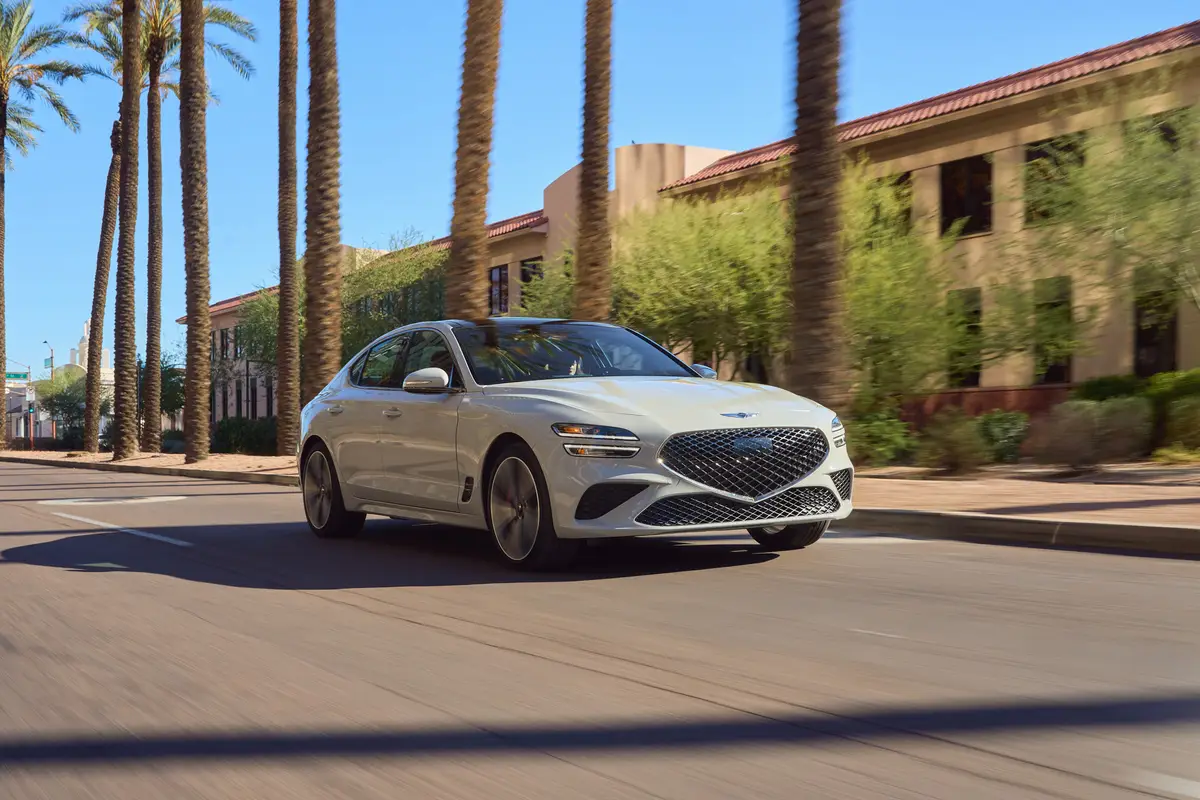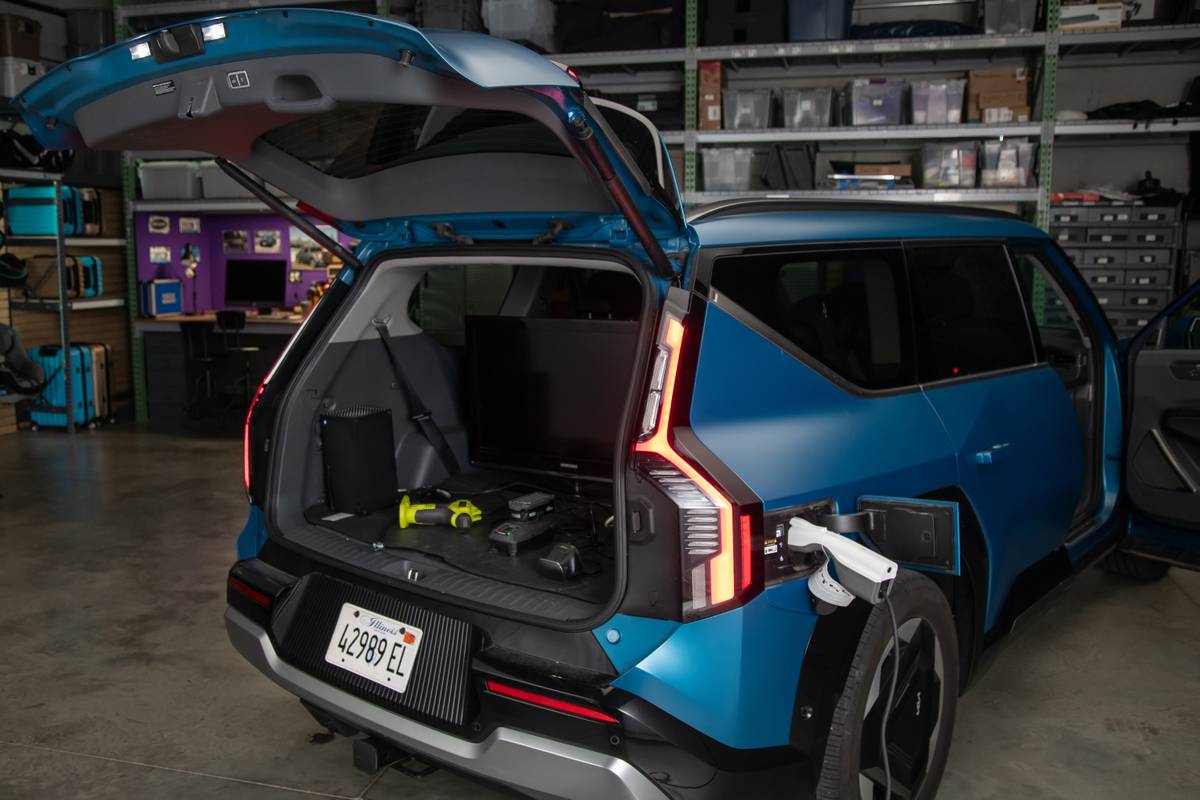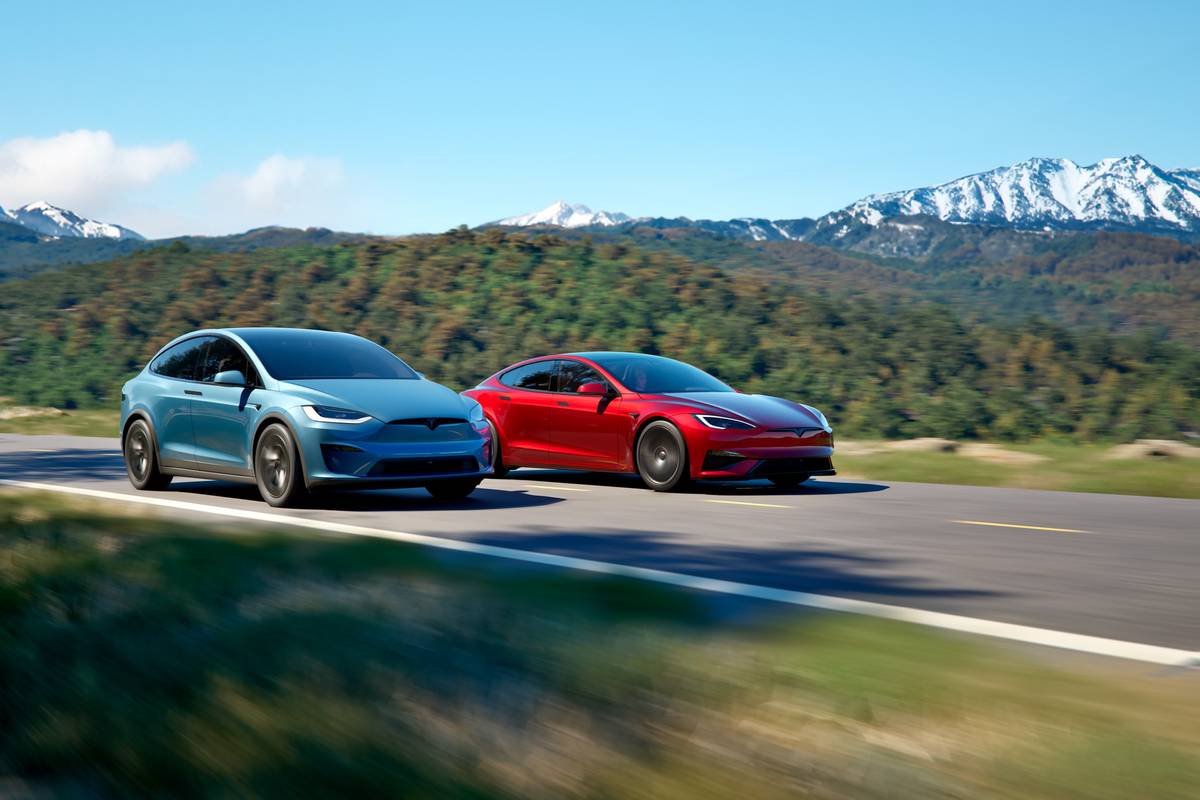Star-Telegram.com's view
Honda’s new Accord gasoline-electric hybrid sedan went on sale last month at a list price of $30,505 (including freight), the first mainstream midsize sedan to offer a hybrid drivetrain.
The car has a price premium of about $7,000 over a comparably equipped V-6 gasoline-only Accord, which just might put it out of reach of most people who are looking for a practical hybrid.
Toyota’s Prius, which is about the same size (in its current generation), at least inside, begins at $21,000, and even with all of the available options including navigation, the price tops out at about $26,000.
Adding the navigation system to the Accord runs the price to $32,505, which puts the car in the same bracket with Honda’s own Acura TL, as well as other premium midsize sedans such as the Lexus ES 330 and Infiniti G35.
On the plus side, at least for some consumers, the Accord sedan looks just like a regular Accord; the Prius is a somewhat odd-looking car that immediately announces that it is different.
Still, some consumers looking for a hybrid like the idea that the car looks different from the ordinary vehicle and can be readily identified as a hybrid. It’s a kind of in-your-face statement that suggests they’re environmentally conscious and the rest of us aren’t. The introduction of the Accord hybrid makes it the second mainstream hybrid vehicle on the market here in the United States. In late summer, Ford began rolling out its hybrid version of the compact Escape SUV, although the rollout has been done on a regional basis and those vehicles are not yet available in Texas.
The East and West coasts (primarily New York and California) got them first, apparently because of some Ford Motor Co. notion that the only people who really are environmentally conscious enough to embrace hybrids wholeheartedly are the eco-nuts in New York and California.
The rest of us want the opportunity to choose hybrids, too. Ford planned to begin selling the Escape hybrid here in North Texas this month, though, Ford spokesman John Harmon said that we shouldn’t expect to see very many at dealerships anytime soon.
Ford’s 20,000-vehicle allotment of Escape hybrids for calendary year 2004 already has been sold, and production this year will be limited by both plant capacity and the company’s ability to get the battery packs from its outside supplier.
“We’ve shown there is a very good market for a well-developed hybrid vehicle,” he said. “Our Escape hybrid has sold out this year and there are waiting lists all across the country.”
Toyota dealers have been struggling with waiting lists of customers trying to get the Prius hybrid since the second generation car was introduced last year as a 2004 model. Initially, the company planned to bring 30,000 to the United States during calendar year 2004, but raised production twice during the year to bring the total to 50,000. Still, that wasn’t close to enough to satisfy consumer demand.
Even used Prius models of the first generation, a smaller sedan that went on sale in summer 2000, have been in great demand. Some buyers of the second-generation Prius have been trading in their older models, then dealers have been calling customers on their waiting lists for a new Prius and offering them the used ones. In most cases, the used ones are snapped up instantly, dealers say.
Hybrids use a combination of gasoline engines and electric motors to provide power to their drive wheels, with the electric motors run by a nickel metal hydride battery pack that costs about $5,000 per vehicle. Those packs are in short supply even at Toyota, where production of the Prius is supposed to be doubled this year to about 100,000 units. Toyota plans to introduce two hybrid SUVs this year – the Lexus RX 400h in early spring and the similar Toyota Highlander shortly thereafter, probably early summer.
A Camry sedan is in the plans, but at least a year away. Likewise, Nissan plans to introduced a hybrid version of its popular Altima midsize sedan sometime in 2006 probably as a 2007 model.
Meanwhile, General Motors Corp. and DaimlerChrysler reiterated at the recent 2005 Detroit auto show that they would jointly develop a hybrid powertrain for use in their vehicles, with the first products due out sometime in 2007.
Until now, both of those automakers had stayed mostly out of the hybrid game, except for a couple of full-size hybrid work pickups, saying that technologies such as hydrogen fuel cells would be a better solution. Fuel cells in mass-production vehicles are still several years away, however, and automakers are turning to hybrids as an interim solution to give consumers better fuel economy while also reducing tailpipe emissions.
With GM and DaimlerChrysler’s announcement of collaboration on hybrids, Ford took the opportunity to crow about its own hybrid product.
“We welcome GM and DaimlerChrysler to begin planning for hybrids, but we have one already,” Harmon said. “We’re receiving awards [for the Escape hybrid] while they are announcing plans.”
Harmon also noted that the price premium for the Escape hybrid is just $3,500 over the regular Escape V-6, which is “considerably less that what Honda is getting for the Accord.”
The biggest draw of the hybrids is their fuel economy, and interest has spiked this year along with gasoline prices. The Prius gets up to 60 miles per gallon in the city, according to EPA estimates. The Escape gets up to 36 mpg, and overall offers about a 50 percent improvement over the regular V-6 gasoline-powered Escape, Harmon said.
Honda already sells two other hybrids – the two-seat Insight, with top fuel economy of about 70 mpg, and the compact Civic sedan, with up to 51 mpg.
The big difference between Honda’s and Toyota’s hybrids is that with the Toyotas, the electric motor is used at low speeds, especially in stop-and-go traffic, with the gasoline engine kicking in at speeds of 30 mph; with the Hondas, the gasoline engine runs all the time, while the electric motor is used just to boost power and allow for use of a smaller gasoline engine. Ford’s hybrid uses a system similar to Toyota’s.
The Accord hybrid uses its V-6 gasoline engine as the primary power source just like the other Honda hybrids, but with the electric motor assist, fuel economy is improved by about 38 percent over regular V-6 Accords in city driving, and 23 percent on the highway.
The regular V-6 Accord with automatic transmission is EPA rated at 21 mpg city/30 highway. The hybrid, with its five-speed automatic transmission, is EPA rated at 29 mpg city/37 highway, which Honda says is about the same as its gasoline-powered Civic four-cylinder sedan.
The Accord hybrid uses a system that cuts the V-6 engine from six cylinders down to three during highway cruising to help reduce fuel consumption. DaimlerChrysler is using a similar system on some of its Hemi V-8 powered Dodge, Chrysler and Jeep vehicles this year (although those are not hybrids and therefore do not have the electric motor assist).
With the combination of the V-6 engine and electric motor, the Accord hybrid generates 255 horsepower, which is 15 hp. more than that of the regular V-6 Accord sedan.
To try to justify the steep price increase, Honda has included lots of premium amenities in the Accord hybrid. They include leather interior, dual-zone automatic climate control, eight-way power driver’s seat, XM Satellite Radio, and an in-dash six-disc CD changer.
Other standard features include a rear spoiler and special alloy wheels, both of which help make the car more aerodynamic, Honda says. All Accord hybrids also get driver and front-passenger side air bags, side curtain air bags, antilock brakes and traction control.
Although Toyota introduced the Prius in Japan in 1997, Honda was the first to bring a hybrid to the United States. The Insight, priced at $20,000, went on sale in February 2000, about five months before the U.S. version of the Prius.
Honda added the Civic hybrid in March 2002, and that car “accounted for half of all new hybrid vehicle registrations in calendar year 2003 and took two of the top five spots on the EPA’s model year 2004 fuel economy rankings,” Honda says.
With three hybrids, Honda expects its total hybrid sales to total about 45,000 cars during calendar year 2005, double the expected total for this year.
Pricing the Accord in the low $30,000s probably will help Honda avoid Toyota’s problem of having a short supply of the cars. With the Prius starting at nearly $10,000 less, it will be much more in demand, and Toyota fully expects to sell the 100,000 units it has allocated to the U.S. market for 2005.
G. Chambers Williams III is staff automotive columnist for the San Antonio Express-News and former transportation writer for the Star-Telegram. His automotive columns have appeared regularly in the Star-Telegram since 1995. You may contact him at (210) 250-3236; chambers@star-telegram.com.
Latest news



